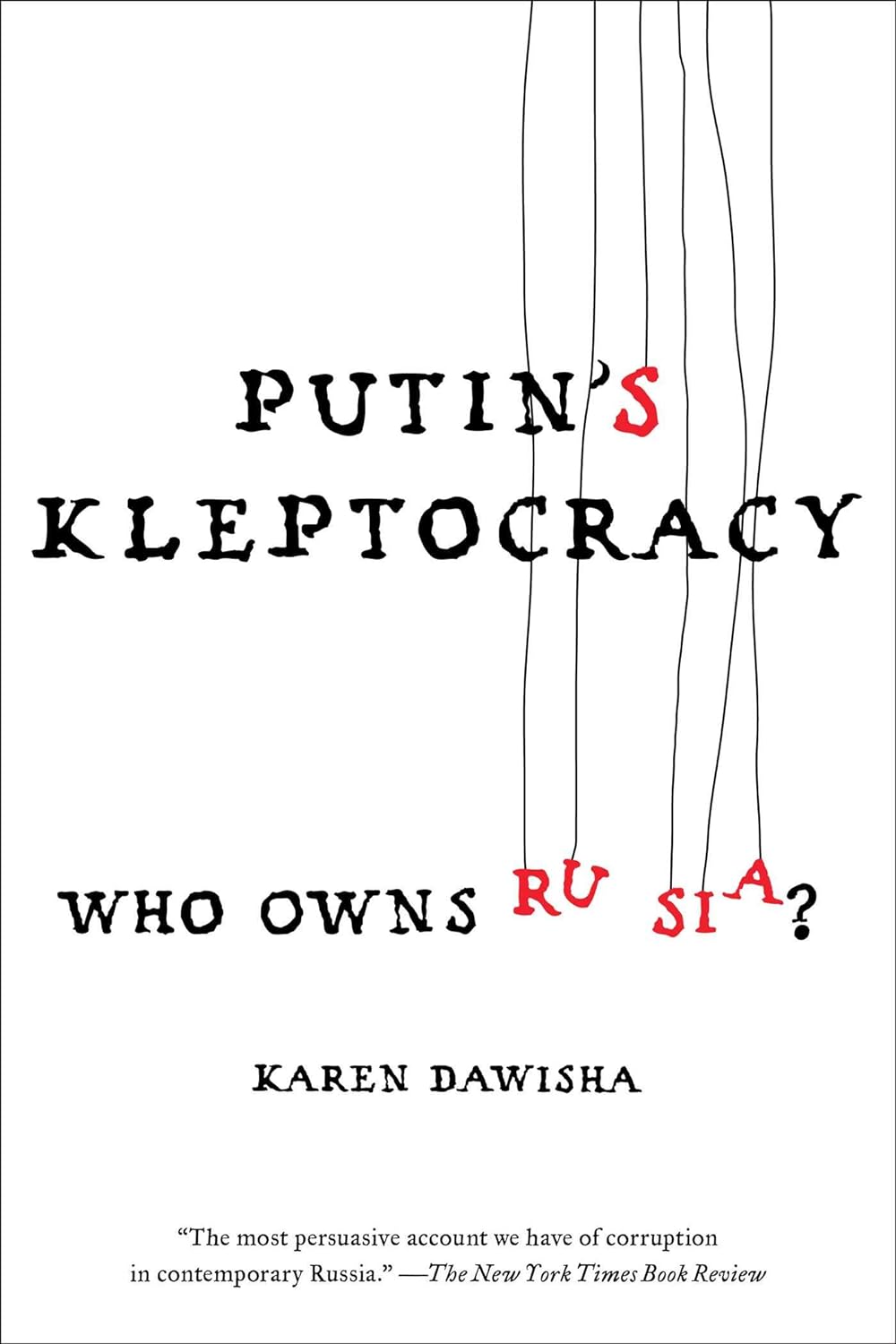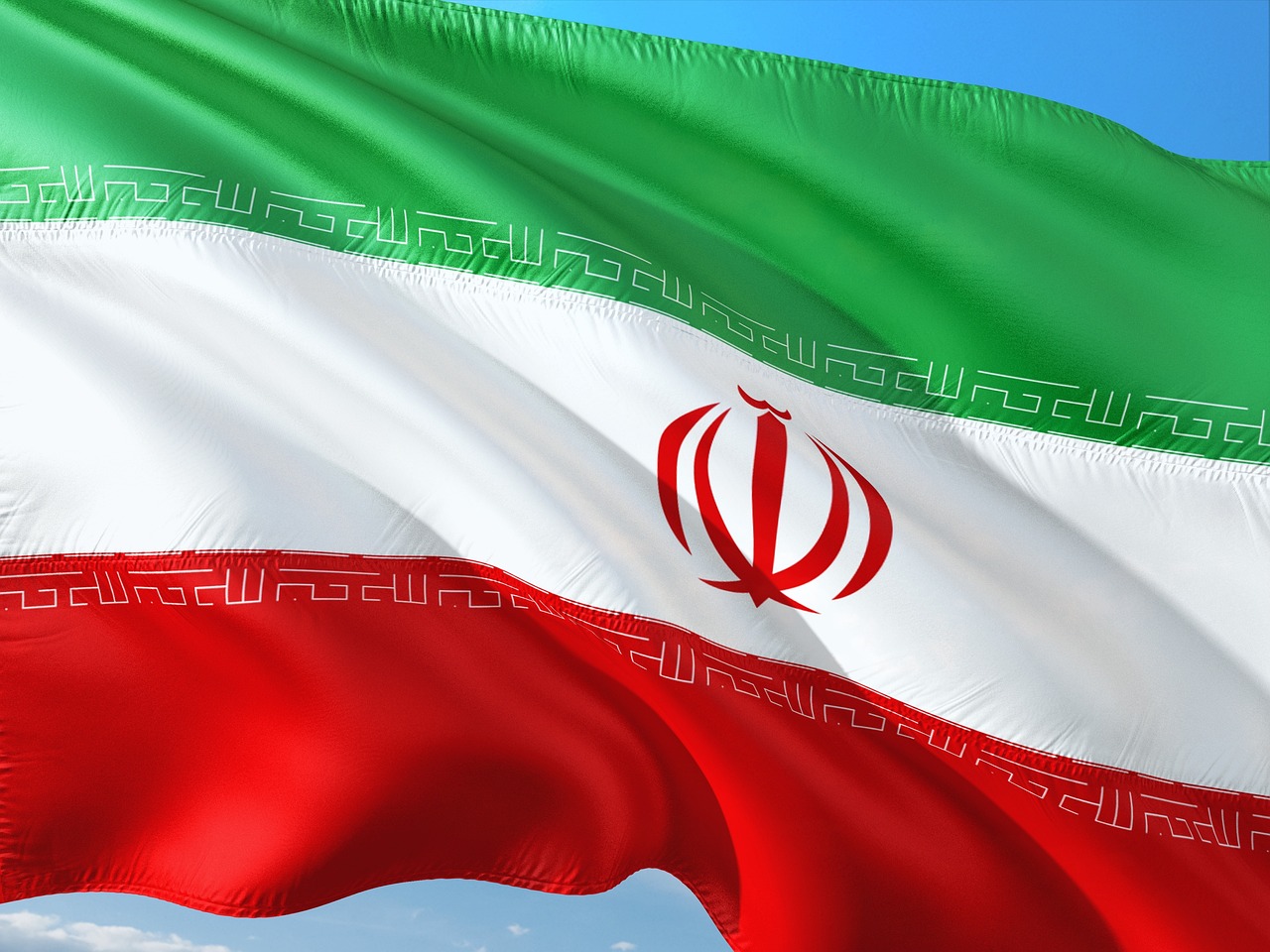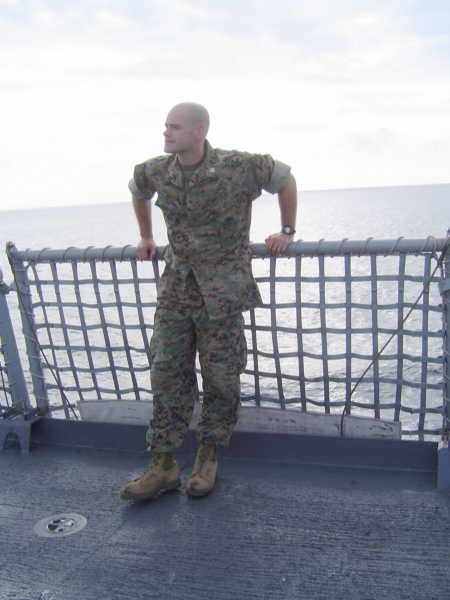Karen Dawisha, a distinguished political scientist, provides an in-depth exploration into the complex nexus between political power, corruption, and economic interests in contemporary Russia. Dawisha’s work offers unparalleled insights into the rise and consolidation of Vladimir Putin’s regime in her meticulously researched book, “Putin’s Kleptocracy: Who Owns Russia?”,
Dawisha unveils the intricate web of relationships between Putin, his close associates, and a network of oligarchs. She skillfully traces the evolution of these connections, exposing the blurred lines between political power and economic influence. The book sheds light on how corruption is not merely a byproduct of the Russian political system but a deliberate tool employed by Putin’s regime to maintain control. Dawisha outlines examples where state institutions and law enforcement agencies serve the interests of the ruling elite, perpetuating a culture of impunity.
The book explores the economic implications of this kleptocratic system, both for Russia and its global partners. She delves into how the concentration of wealth in the hands of a few undermines economic development, perpetuates inequality, and affects Russia’s standing in the international arena. The author addresses the global consequences of Putin’s kleptocracy, examining how the illicit financial flows from Russia impact Western democracies. Dawisha discusses the role of offshore havens and complicit financial institutions in facilitating the transfer of ill-gotten wealth, posing challenges to international efforts to combat corruption.
Dawisha’s book is a product of extensive research, drawing on a wide range of sources, including interviews, leaked documents, and academic studies. Her meticulous approach lends credibility to the narrative, offering readers a comprehensive understanding of the subject matter. Despite the complexity of the topic, Dawisha presents her findings in a highly readable and engaging manner. The book is accessible to both experts and general readers interested in the intersection of politics, economics, and corruption.
“Putin’s Kleptocracy: Who Owns Russia?” stands as an excellent resource for political scientists, policymakers, and anyone seeking a nuanced understanding of the intricate connections between power and corruption in Russia. Dawisha’s work prompts crucial conversations about the challenges posed by kleptocratic regimes and their broader impact on global governance.
Disclosure of Material Connection: Some of the links contained on this site are “affiliate links.” This means if you click on the link and purchase the item, we will receive an affiliate commission. This revenue is used to offset costs associated with maintaining this site. We only recommend products or services I use personally and believe will add value to my readers. We are disclosing this in accordance with the Federal Trade Commission’s 16 CFR, Part 255: “Guides Concerning the Use of Endorsements and Testimonials in Advertising.”
Key Terrain Cyber is dedicated to the professional development of our cyber workforce and information warfare community. We offer all our programs at no cost to readers, including our professional journal, mentorship and fellowship programs, and information warfare memorial. Our team of unpaid volunteers work hard to keep this site running and appreciate any support you are willing to give us.
There are several ways you can help us spark innovation, disseminate good ideas, and remember our fallen. You can donate to KTC via the paypal button or venmo graphic below and help us cover our operating costs. Buying Key Terrain Cyber merchandise from our webstore is another excellent way to show your support for our programs and look good in the process.
Interested in volunteering your time? Contact us at [email protected] if you want to learn more about becoming a volunteer, staff member, or senior fellow. Finally, you can thank our staff by using the button below to buy us a coffee or a beer.








